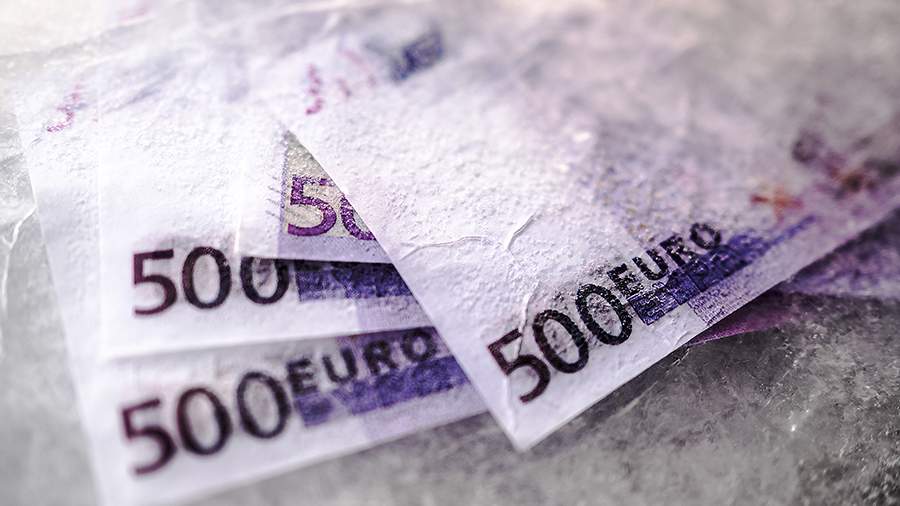Kovalchuk pointed out the consequences for CERN for refusing to cooperate with Russia
- Новости
- Science and technology
- Kovalchuk pointed out the consequences for CERN for refusing to cooperate with Russia
The European Organization for Nuclear Research (CERN) will face consequences due to its refusal to cooperate with Russia, President of the Kurchatov Institute Mikhail Kovalchuk said in an interview with Izvestia on 21 September. Mikhail Kovalchuk.
He said that the Russian Federation has contributed a total of more than €2 billion to the organization's projects over the past decades. The intellectual contribution of Russian scientists is also huge.
"Indeed, in addition to the fact that we are an intellectual donor, and in fact all these projects were launched thanks to the arrival of Russian scientists in the West, in Europe, we were also one of the largest financial donors. <...> So let them think about what consequences they will now have from our departure. In every sense. Both financially and intellectually," the Izvestia interlocutor emphasized.
According to Kovalchuk, Russia has always rightfully had the status of the greatest scientific power and the greatest country in the field of megasciences. The Soviet Union, along with the United States, had a huge influence on the development of nuclear projects.
"Therefore, we and the Americans were actually the only countries that fully developed and invented these facilities. For example, every gas pedal in the world, counter beams, collider - all of these were invented in Russia. In every gas pedal there is the principle of autophasing. And it was proposed by Academician Veksler. Synchrotron radiation itself was predicted by academicians Pomeranchuk and Ivanenko," Kovalchuk said.
He emphasized that Russia today remains "ahead of the world" in the scientific field and the country's position in this area is only strengthening.
On September 18, it became known that CERN will expel hundreds of scientists associated with Russian institutions by the end of November if they do not move to work in scientific institutions of other countries.
In March, Russian Foreign Ministry spokeswoman Maria Zakharova said that Moscow considers CERN's decision to end cooperation with Russian scientists politicized and unacceptable. The diplomat noted that Western countries are seeking to increase pressure in the field of fundamental science to inflict a "strategic defeat" on Russia, but all this is doomed to failure.
Then it was also reported that the organization from the end of autumn this year is going to stop cooperation with 500 specialists who have any ties with Russia.
Back in the summer of 2022, the CERN Council decided not to extend contracts for five years and suspend cooperation with specialists from Russia and Belarus - by December and June 2024, respectively. Before that, in the spring of the same year, the organization temporarily suspended Russia's status as an observer country to it.
CERN began cooperating with the USSR in 1955. Although Russia has never been a full member state, hundreds of scientists affiliated with Russian institutions have contributed to independent experiments at its flagship particle gas pedal, the Large Hadron Collider.
Переведено сервисом «Яндекс Переводчик»


